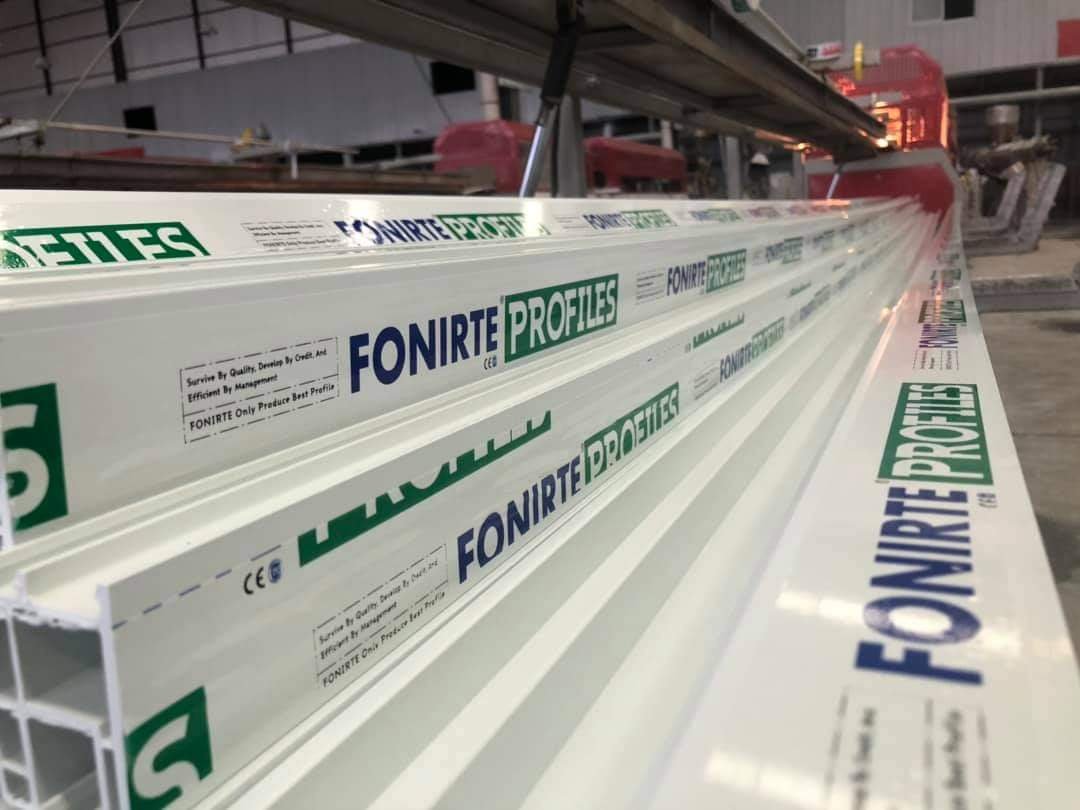
24 Jun, 2024
Upvc window profiles are specially designed frames made from unplasticized polyvinyl chloride. These profiles form the foundation of Upvc windows, providing structural integrity, insulation, and aesthetic appeal.

Upvc profiles offer a range of environmental advantages that make them a sustainable choice for window frames and other construction applications.
One of the key environmental benefits of Upvc profiles is their exceptional energy efficiency. The multi-chambered design of Upvc window profiles acts as a thermal barrier, effectively preventing heat transfer. This means that during hot summers, the cool air from air conditioning systems stays indoors, while the warmth generated by heating systems is retained in colder months.
Due to its composition and manufacturing method, Upvc is a sustainable material option for window profiles. Unlike conventional PVC, Upvc does not contain plasticizers, making it more resilient to deterioration caused by the environment. Furthermore, Upvc profiles can be manufactured using environmentally friendly additives and stabilizers, minimizing the use of toxic substances.
Upvc profiles are known for their exceptional durability and longevity. Unlike wooden frames susceptible to rotting, warping, and insect infestations, Upvc profiles are highly resistant to moisture, corrosion, and pests. This durability extends the lifespan of Upvc window systems, reducing the frequency of replacements and the associated waste generation.
Upvc profiles are highly recyclable, contributing to the circular economy. At the end of their long lifespan, Upvc profiles can be recycled and used as raw material for manufacturing new profiles or other Upvc-based products.
Compared to traditional window frame materials like wood, Upvc profiles require minimal maintenance. They do not require regular painting, varnishing, or sealing to protect them from the elements. Upvc profiles naturally resist moisture, rot, and fading, eliminating the need for toxic treatments or chemical coatings.
Upvc profiles offer excellent water and air tightness, preventing water infiltration and drafts. By minimizing water infiltration, Upvc profiles help to prevent moisture-related issues such as mould growth, which can negatively impact indoor air quality and pose health risks.
To enhance the sustainability of Upvc profiles, manufacturers can adopt responsible manufacturing practices. This includes implementing energy-efficient production processes, minimizing waste generation, and reducing the use of harmful chemicals.
When Upvc profiles end their useful lives, they can be properly disposed of and recycled. Recycling Upvc profiles involves collecting and processing the material to create new profiles or other Upvc-based products.
Upvc profiles, particularly Upvc window profiles, provide numerous environmental advantages that make them a sustainable choice for the construction industry. Their energy efficiency, durability, recyclability, low maintenance requirements, thermal insulation, and sound insulation properties contribute to a greener and more sustainable future.